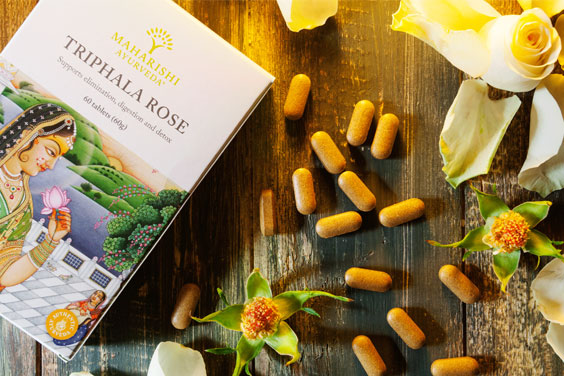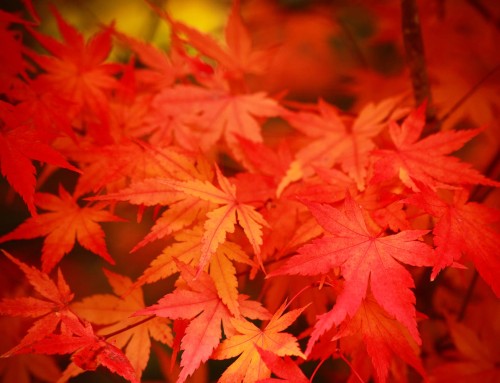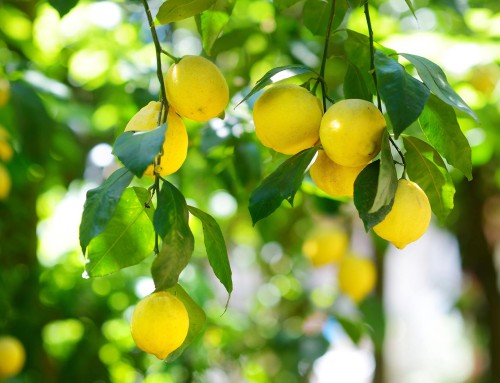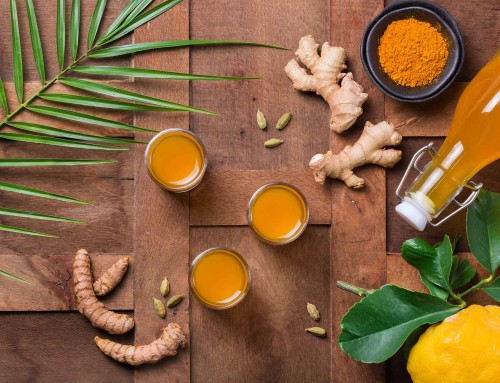The remarkable qualities of Triphala
Triphala is a highly revered formula in Ayurveda and is available in Maharishi AyurVeda as Triphala Rose
Triphala means ‘three fruits’ – Amalaki, Bibhitaki and Haritaki. When combined as Triphala they form a very powerful rasayana. A rasayana is a herbal combination that enlivens the inner intelligence of mind and body from a fundamental level promoting rejuvenation and long life.
Triphala is particularly rejuvenating for the digestive tract, and is a rasayana for the eyes and the skin. When combined with Rose petals (Rosa centifolia) many of these benefits are enhanced. It is a mild laxative and is excellent for clearing toxins from the digestive system.
Deep Cleansing
Triphala Rose has a gentle cleansing action on all the body’s tissues including blood, muscle, urinary tract and fat tissue. When it is taken for a long time this cleansing action becomes gradually deeper and more thorough.
Maintaining Inner Intelligence
Triphala enhances the main digestive fires in the stomach. These are known as the 13 agnis which also include seven dhatuagnis. The dhatuagnis form the basis of the sequential transformation of tissues from one type to the next. It is in the gaps between the tissues that the intelligence of nature operates, if there is any dullness in these gaps Triphala helps to remove it.

Maintaining inner intelligence of mind and body.
Triphala Rose to Purchase
- Triphala Rose 60g Blister Pack
- Triphala Rose Organic 60g Bottle
- Triphala Rose 250g Bottle
- Triphala Rose Powder 150g Bottle
The Three Fruits
Haritaki (Indian Gallnut)
The great Sage Charaka considered Haritaki to be as nourishing as mother’s milk.
Haritaki is a rasayana for the eyes and skin and is said to maintain the balance of all aspects of the skin. Sushruta Samhita, a classical Ayurvedic text on surgery, states that Haritaki and Triphala are useful in cleansing wounds and rejuvenating the insides. Charaka also stated that it is good for the digestive system and helps to enhance the absorption of nutrients in food. It cleanses both the micro and macro circulatory channels.
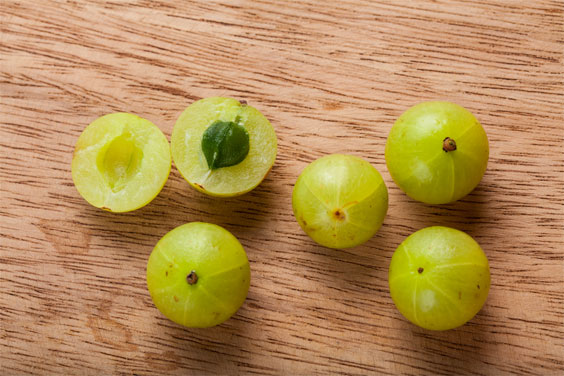
Amalaki or Indian Gooseberry is one of the three fruits of Triphala.
Amalaki – Indian Gooseberry
The Amla fruit is so prized in India that is said to be divine. The Charaka Samhita says “Amalaki is the best among rejuvenating herbs”
Detoxifying Effects of Amalaki
Amalaki helps cleanse the body in many ways. By enhancing digestion and food absorption, food is converted into useful substances rather than becoming undigested and toxic. A rare quality of Amalaki is that it heightens digestion without being heating, and is traditionally considered one of the best herbs for balancing stomach acidity. It helps support the liver, one of the main organs on which we rely to deal with the side effects of our dietary and lifestyle errors and exposure to pollutants. It is also assists with bowel movements and is supportive to the urinary system by helping the body eliminate excess water in a natural way.
Amalaki the Nurse
Amalaki is called Dhatri – the nurse, because it nourishes so many aspects of life including:
- Lungs: by balancing Shleshaka Kapha, the regulator of moisture balance in the lungs, it helps maintain resistance to infection.
- Reproduction: by balancing Apana Vata the health of the menstrual cycle, sperm, ovaries, uterus and conception is maintained.
- Skin: by helping to keep the liver healthy it cleanses the skin and enhances complexion, skin moisture and lustre.
- Nervous system: its medhya properties support and co-ordinate the acquisition, retention and recall of knowledge and development of intellect, mind and sensory awareness.
- Cardiovascular system: its high Vitamin C content improves assimilation of iron and contributes to the health of the blood.
- Muscles: it enhances protein synthesis, promotes a positive nitrogen balance and strengthens the muscles, contributing to lean muscle mass.
- Eyes: it is a rasayana for strengthening the eyes and vision.
- Hair, nails and teeth: by helping to improve absorption of calcium and other nutrients, nails and teeth are maintained and greying and thinning of hair reduced.
- Vitamin C: Amalaki is one of the most concentrated and absorbable sources of Vitamin C in the plant kingdom. The Vitamin C is in a very stable form due to the presence of tannins.
- Antioxidant: partly due to the presence of Vitamin C and Quercetin it is a powerful antioxidant and immune system enhancer.
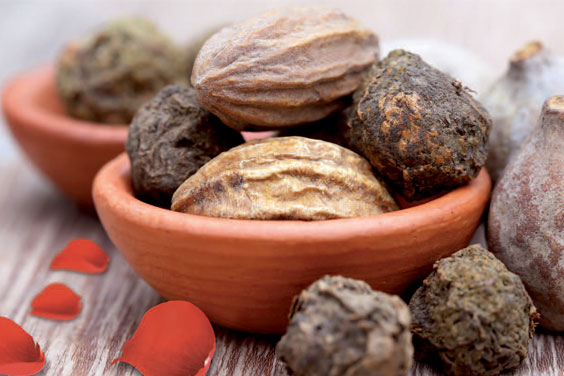
Bibhitaki – Beleric myrobalan
Sushruta Samhita says that Bibhitaki helps to purify the blood, maintain blood clotting ability, and purify and keep channels in the body clear.
Charaka also states that Bibhitaki is ideal for pacifying Pitta and Kapha; it cleanses the Rasa, Rakta, Mamsa and Meda dhatus; is excellent for balancing and nurturing the vocal cords; is antibacterial and is a rasayana for the eyes. The Bhavprakash Nigantu mentions that Bibhitaki is nourishing for the eyes.
It is also known to nourish the hair, and helps to maintain the hair roots, colour and thickness.
Rose – Shatapatri
The petals of the Cabbage or Provence Rose (both shatapari and centifolia mean ‘having one hundred petals’) and are renowned for their many health giving properties.
They are used in many Maharishi AyurVeda preparations. Rose petals balance Sadhaka Pitta, the subdosha that governs the heart and emotions.
What is less obvious is that rose petals also balance the mind by enhancing the coordination between Sadhaka Pitta and Prana Vata (the subdosha of Vata that governs the brain, head, chest, respiration, sensory perception and the mind).
Like Amalaki, rose petals are cooling, yet they enhance agni, the digestive fire. This is the rare quality that gives balance to all three doshas. They specifically help to maintain the health of the skin, eyes and menstrual flow.
Quality Control
The full benefits of Triphala Rose and its ingredients can only be experienced if the selection and preparation of the ingredients carefully follows the instructions of the Ayurvedic sages. Maharishi AyurVeda is committed to using only the highest quality ingredients and upholding the authenticity of the Ayurvedic tradition whatever the cost. Maharishi AyurVeda Triphala Rose uses only the rarest and most costly of the seven varieties of Haritaki.
Maharishi AyurVeda maintains a robust quality control system to ensure that all elements of quality control are consistently applied through inspection and certification by independent bodies (e.g. WHOGMP, ISO 22000:2005, AYUSH Premium Mark).’

Maharishi AyurVeda
Ayurveda has been practised in India for thousands of years. In the mid 1980s the knowledge of Ayurveda, parts of which had become lost, was re-enlivened and restored to completeness by Maharishi Mahesh Yogi in collaboration with leading Ayurvedic physicians.

